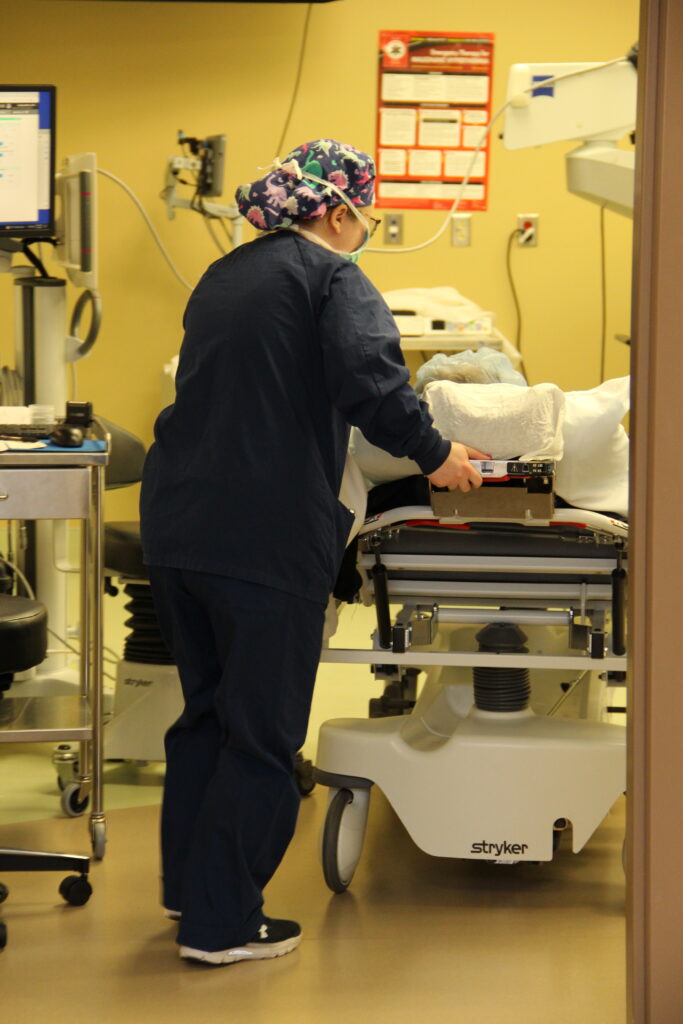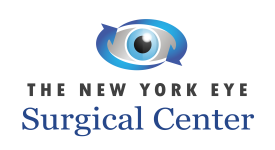Oculoplastic, Eye Muscle and Neuro-Ophthalmological Surgeries
We offer Oculoplastic, Eye Muscle and Neuro-Ophthalmological Surgery here at the New York Eye Surgical Center.
Make an appointment with our Oculoplastic, Eye Muscle, Neuro-Ophthalmological Surgeon if you suspect you may have issues regarding your vision.
See our “Our Surgeons” page for our individual surgeon’s offices contact information.
Oculoplastic Surgery
Oculoplastic Surgery includes a wide variety of surgical procedures that deal with the orbit (eye socket), eyelids, eyebrows, tear ducts, and the face. It also deals with the reconstruction of the eye, eye muscles and associated structures.
Common Oculoplastic conditions that can be address with surgery are:
- Ptosis: Drooping of the upper eyelid
- Entropion: The upper or lower eyelid turns inward, causing the skin and eyelashes to rub against the eye
- Ectropion: The lower eyelid sags and turns out, resulting in exposure of the eyeball
- Eyelid growths: Benign or malignant growths on the eyelid or face
- Brow ptosis: Drooping of the eyebrow
- Blepharoplasty: and eyelid ptosis surgery, known as a lid lift
- Blepharoptosis: Excess eyelid skin or extra fat above and below the eyes
- Obstructed tear ducts: Blockage of the tear ducts from birth or caused by injury or illness and other problems with tear production
- Orbital tumor surgery: Benign or malignant tumors of the eye, eyelid or orbit
- Injuries: Trauma that affects the eye, eyelid or orbit
Make an appointment with our Oculoplastic Surgeon if you suspect you may have issues regarding your vision.
See our “Our Surgeons” page for our individual surgeon’s offices contact information.
Eye Muscle Surgery
Eye muscle surgery is performed to weaken, strengthen, or reposition any of the extraocular muscles (small muscles) located on the surface of the eye that move the eyeball in all directions.
Two examples of Eye Muscle Surgery are:
- Strabismus: a disorder in which the two eyes do not line up in the same direction. This results in “crossed eyes” or “walleye.”
- Nystagmus: fast, uncontrollable movements of the eyes, sometimes called “dancing eyes.”
Make an appointment with our Eye Muscle Surgeon if you suspect you may have issues regarding your vision.
See our “Our Surgeons” page for our individual surgeon’s offices contact information.
Neuro-Ophthalmological Diseases and Conditions
Neuro-Ophthalmological Diseases and Conditions may be caused by brain or systemic abnormalities that result in visual disturbances, among other symptoms.
Vision problems that can be addressed through Neuro-Ophthalmological services:
- Vision problems due to brain injuries
- Vision problems due to Stroke
- Vision problems due to Infection
- Vision problems due to Brain diseases
- Vision problems due to Giant Cell Arthritis
- Vision problems due to Bell’s Palsy
- Vision problems due to Neuropathy/Multiple Sclerosis
- Headaches/Migraines
- Double Vision (Diplopia)
- Optic Neuritis
- Pressure in your head
- Uneven pupils
- Diagnosis of tumors that are compressing the visual pathways
- Trouble moving your eyes
- Loss of visual acuity
Make an appointment with our Neuro-Ophthalmological Surgeon if you suspect you may have issues regarding your vision.
See our “Our Surgeons” page for our individual surgeon’s offices contact information.
How Do I Prepare for Oculoplastic, Eye Muscle or Neuro-Ophthalmological Surgery?
Prior to your Surgery, general Pre-Operative assessments need to be done to ensure you are a good candidate for the treatment.
In addition to the appointment(s) made with your surgeon, you will likely need to make an appointment with your Primary Care Provider to obtain Pre-Operative clearance.
You may additionally need to make an appointment with your cardiologist for cardiac specific Pre-Operative clearance, depending on your health history.
You will not be allowed to drive yourself home after the surgery. Prepare in advance by coordinating someone who can drive you home from the surgery and help you get settled in for your recovery.
Someone will need to stay with you for 24 hours after your surgery. This is part of our patient safety policies. Prepare in advance by coordinating someone who can stay with you.

